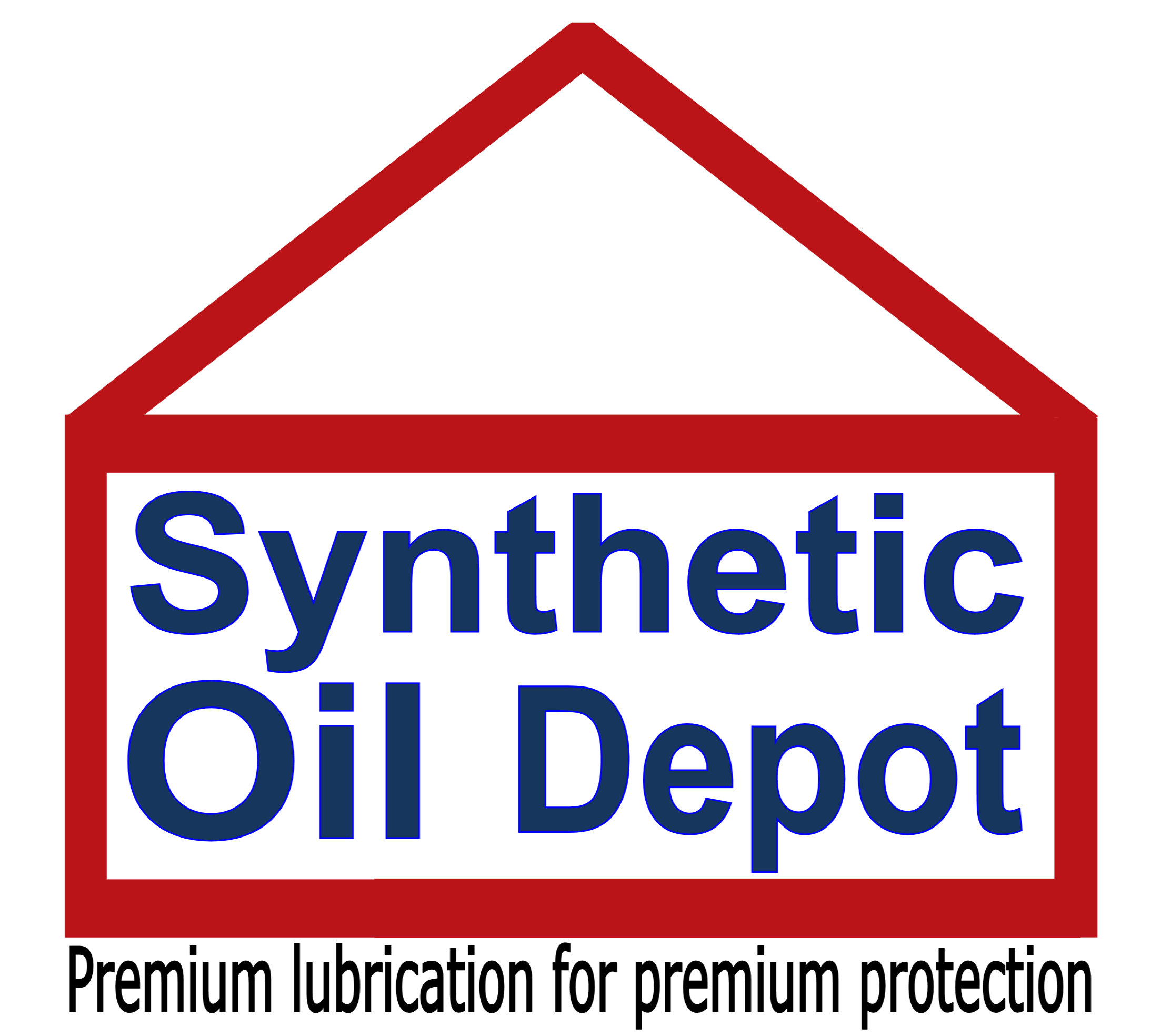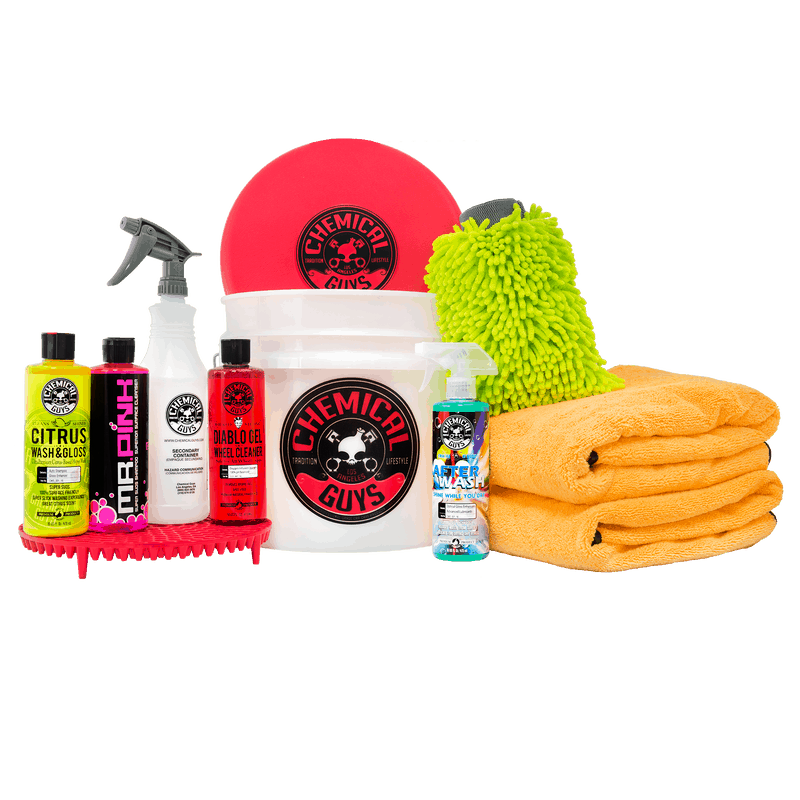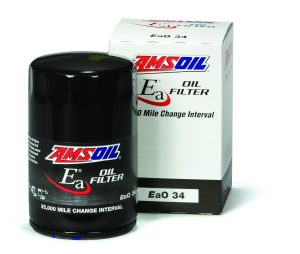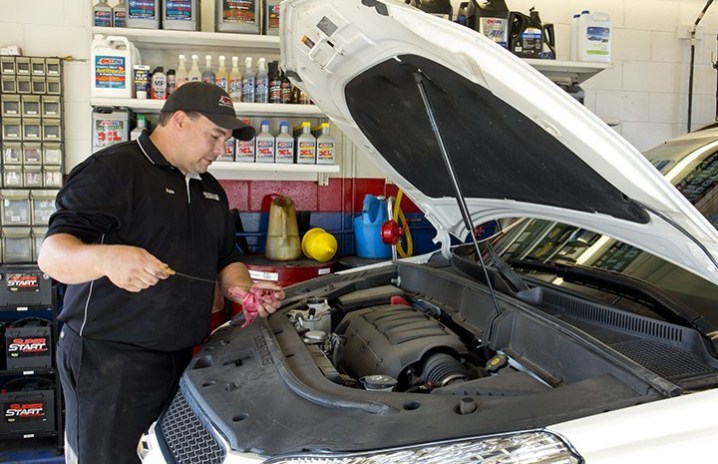
Here are 9 car care tips to get your vehicle ready for Spring and Summer Travel Season.
With the end of this winter approaching, it has definitely been one for the record books. Brutally cold temps not seen in 50 years. Snow storms dumping tons of snow. That pesky ground hog with that crazy talk about an early spring. Unfortunately, with all the winter weather, we now have to deal with effects of it on your vehicle(s). Do you know what you should do to get ready for the warm weather months?
Let’s talk about 9 items that should be done to get your vehicles ready for Spring and Summer travel. I like to start with a very detailed wash and wax of all my vehicles, checking tires or putting summer tires on, changing oil and other fluids, greasing all the chassis spots, check wipers and fluid, fix scratches, change out emergency kits and have a safety inspection. Now, let’s talk more in detail about theses items.
Here are the 9 car care tips.
Wash, Detail and Wax
It’s not a secret that the chemicals used in snowy climates to treat roads cause rust, but think about all that sand, salt, rocks, and nasty wet slush thrown on your vehicle by other cars. Most of the time my family uses a touch-less car wash for quick rinses after snow storms to get the chemicals off and then wash our own during siring and summer. With warmer temperatures arriving, now is the time to really do a good job. Spending the extra money to get a really detailed hand wash is definitely worth it. Even if you still use a car wash center, make sure that the underneath of your vehicle is washed good to get all the debris and chemicals off.
Next spread a little love into the inside of your vehicle. Clean your door frames, carpet, mats, seats, ect. Give it a nice going over with a vacuum and if you have the ability to, use a carpet extractor to get that deep clean. Use a good cleaner / protectant on your dash and seats to help keep them in good shape.
When you done cleaning, give it a good wax job. You want to make it shine for summer and build up protection for your paint after a long and cold winter.
- Here is a Meguiar’s complete car wash kit that I’ve used. Click the kit for current price on amazon.
- Here is the Chemical Guys car wash kit I have. Click the kit for current price at Chemical guys.
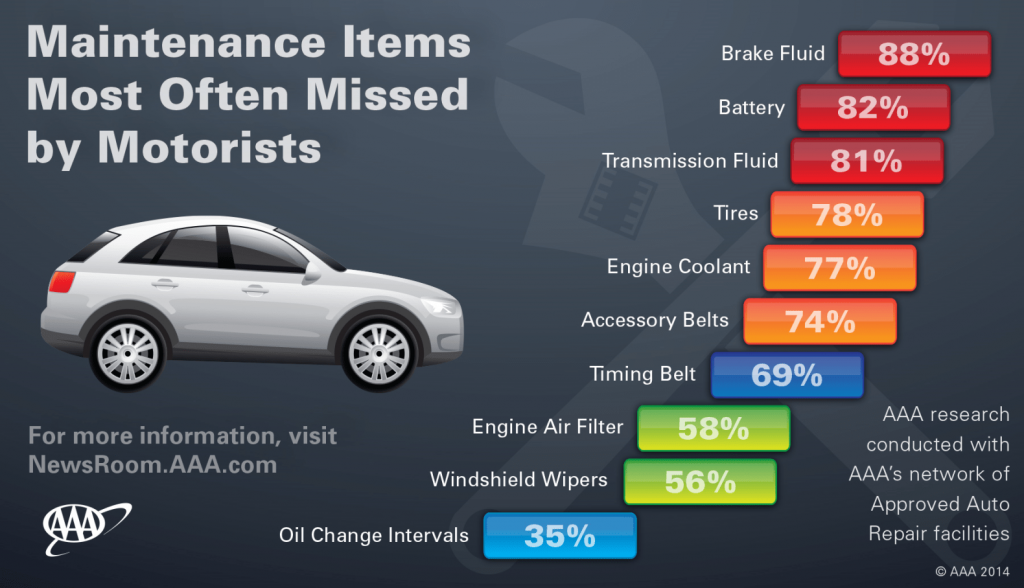
Tire Service and Rotation
As the snow melts for good and that date for removing studded tires approaches, now is a good time to check the condition of your tires. Since many people in snowy areas of the country have a set of tires for winter use and a set for summer use, you should be looking for dry rot, cracks, nicks, gouges, uneven wear or low tread depth (Bald) as you switch the out. Inspect both sets of tires and replace them as needed.
Those of you with special winter season tires like studs or other cold weather use only tires, now is the time to take them off and put your summer tires on. Do the same checks as above and then store them until next winter. Store your tires in a cool dry place, covered and in a way that they won’t ruin the shape.
If you use the same tires all year long, then consider inspecting and rotating them. This helps increase the tires service life by evening out wear. It also helps you identify any issues if you see uneven tread wear. If your tires don’t meet the minimum tread depth, replace your tires.
Change your Engine Oil and Filter
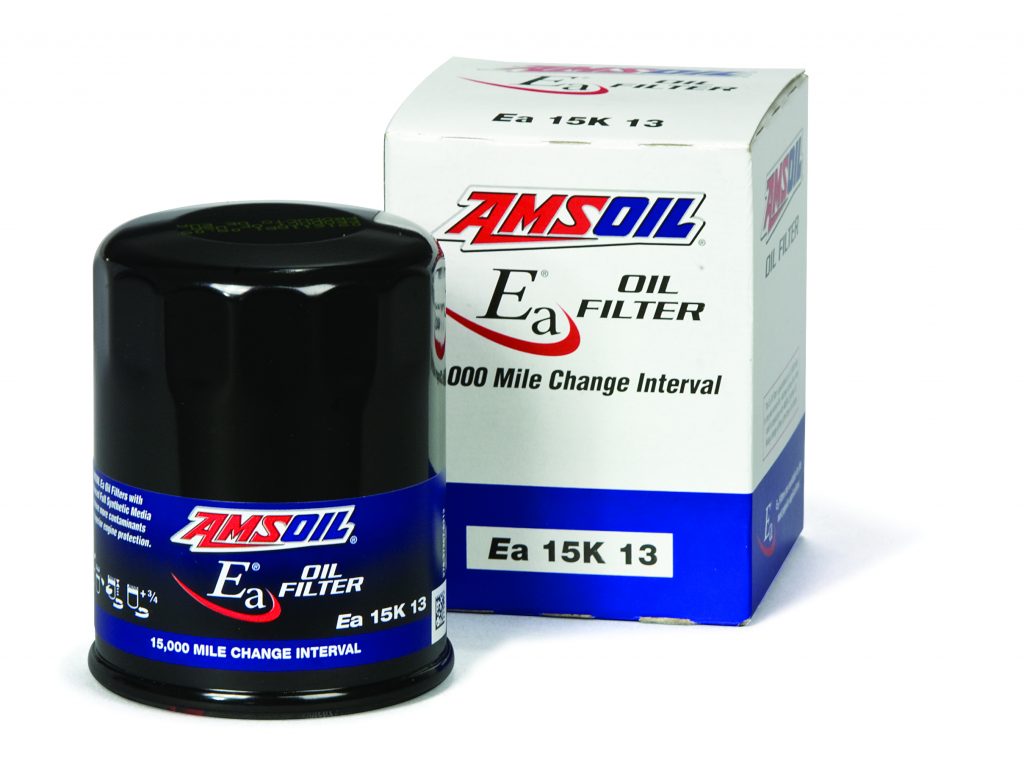
After a long winter its a good time to change your oil and filter. Some auto makers recommend different oils for different seasons temps. If you’re getting ready for the summer travel season or towing toys, using a high quality full synthetic motor oil like AMSOIL Signature Series and an AMSOIL EA oil filter will have you set for your summer fun. Using the manufacturer recommended grades of oil are important when choosing oil.
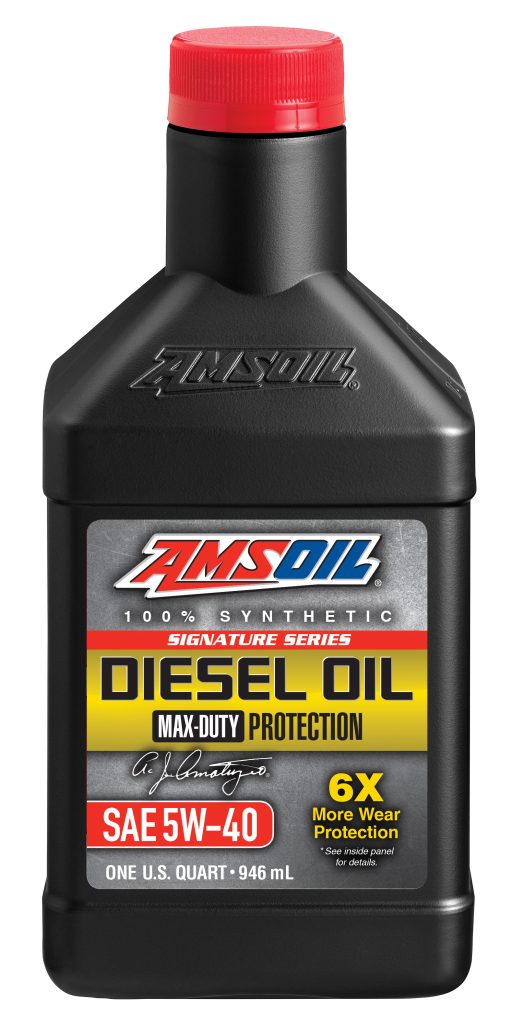
I swap from my winter oil, AMSOIL 5w-40 signature series Max Duty diesel oil, to AMSOIL 15W-40 signature series Max Duty Diesel oil in my Dodge Ram with 6.7 cummins.
The other family cars, a Chevy Suburban and Chevy Silverado 1500 ( spare vehicle), get AMSOIL Signature Series 5W-30 and EA filters. The Silverado 1500, gets one oil change a year, because I only put around 3,000 miles on it each year and this is the time I do that yearly change.
- Here is AMSOIL’s signature series line of synthetic motor oils.
- Here is AMSOIL’s XL (extended life) line of synthetic motor oils.
- Here is AMSOIL’s OE (original Equipment) line of synthetic motor oils.
- Here is AMSOIL’s Signature Series Diesel Oil.
- Here is AMSOIL’s Heavy Duty Diesel Oil.
- Here is a tool for finding all the fluids and filters you need for your specific vehicle.
Changing Other Fluids and Filters
You should also change the engine air filter. A clogged air filter can reduce your fuel mileage by up to 10%. Its best practice to just change it every 6 months, because you can’t see all fine debris in the filter material when checking it.
Changing your passenger compartment (cabin) air filters help reduce mold and mildew smell, plus keep the air cleaner on the inside.
Checking your owners manual will tell you the recommended miles or time frame for a complete transmission fluid flush and filter change. Checking the levels and condition of the transmission fluid is important. Your fluid should be red in color and not smell burnt. Follow the recommended check procedure in your owners manual.
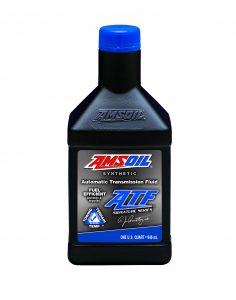
Using a high Quality Synthetic like AMSOIL ATF will help increase your transmissions life eliminate shifting problems and help increase your fuel mileage.
Here is AMSOIL’s Guide for finding the fluids for your specific vehicle.
Did you know AMSOIL makes a line of coolants?
Coolant is recommended to be flushed and changed at 2 years or 24,000 miles. Use a commercial flush system and radiator flush product to get all the rust and sediment out of the system. Don’t just drain it out and use water to flush it, it won’t do what it you need not to do.
Fuel filters in modern cars are recommended around 60,000 miles. Diesel Trucks are usually between 7,500 miles and 15,000 miles. Due to the impurities in Diesel fuel, Diesel vehicle owners, need to stay strict on this maintenance procedure. Your injection system replacement can run $10,000 or more to fix, and a fuel filter is a cheap preventative measure. As always follow your owners manual recommendation.
Don’t forget the brake fluid and power steering fluid. These often missed fluids perform under high stress and help keep major components lubricated. So changing these regularly are an extra insurance policy to keeping them running well.
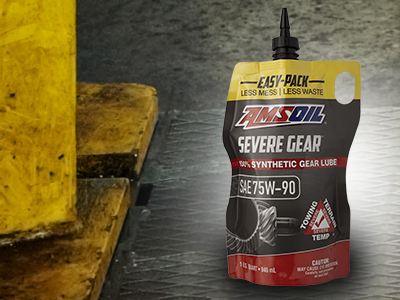
Differential gear oil should also be changed, especially if you’ve used 4 wheel drive this year. This gear oil works hard and is always forgotten. Front and Rear Differential Gear oil is hard to get to and usually makes a mess, but AMSOIL released this new squeeze pack to make changing a breeze.
Check out this high quality Synthetic AMSOIL brake fluid. It’s in all our personal vehicles.
Here is a tool for finding all the fluids and filters you need for your specific vehicle.
Greasing Your Chassis
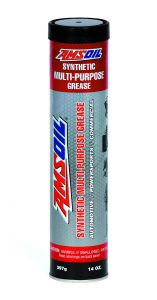
Sounds kind of dirty!!! It is in a way, because you will be working on areas that have grease in and on them. Places like U-joints, steering components, ball joints, tie rods anything with a grease zerk fitting. Start with cleaning off you grease zerk with a clean rag and give a couple of squirts of grease. Use caution to not over grease them. In the Fire Department we would check those areas weekly and grease as needed per our maintenance shop.
Here is a line of greases that can work in any application.
Checking Wiper blades and fluid level.
Your wipers have worked hard this winter and with the cold temps they may have frozen to your windshield at some point. Checking to make they are not torn, cracked or worn out is important, because you need to be able to see in those summer rains. If you’re like me, I’ve used a ton of wiper fluid this winter. Checking wiper fluid levels and top off as needed.

Here is Prestone Summer Season Wiper Fluid we use in our vehicles.
Fixing Scratches.
Addressing scratches in your paint now will help prevent rust formation. Small chips and scratches can use a paint pen from the auto parts store. Sometimes the hardest part is finding the correct matching color.
Emergency kits
I’ve spent the last 22 years teaching people about being prepared for emergencies. Whether it was hurricanes, Tropical storms, flash flooding from 7 inches of rain in 2 hours, being ready to evacuate from a wildfire or being stranded in a snow storm ( I worked for both East Coast and West Coast Fire Departments). So now is the time take out your winter kit and put in your summer kit. Make sure everything is within expiration dates, especially if there are food items in it. If you don’t have one, know is a time to make one.
You should also make sure you have a road side safety kit, tire changing equipment and that your spare tire is not flat.
A road side safety kit like this is good.
Safety inspection
When I lived in Virginia, we had a yearly state safety inspection on all our vehicles. It was nice because, you were told when things were wearing out and needed fixing. It helped prevent some breakdowns when we took cross country trip with our kids. The bad part was having to pay for it, unless you could fix it yourself. These emissions tests don’t do anything for you when your car is falling apart around you. I took a family member’s car in to be emissions tested in a west coast state and it passed but I had a hard time seeing out the front windshield from all the cracks, the shocks were bad and needed other repairs. It made me realize how nice it was to have that yearly inspection, no matter how inconvenient it was sometimes.
So if you live in somewhere without yearly safety inspections, taking your vehicle to trusted mechanic for a “check up” is a good idea. In the long run, it will help prevent you from breaking down and also help you plan and save for repairs that may be coming up.
Is that all?
Holy cow!!! Thats a lot of stuff. Yes it is, but you pay a lot of money for your vehicles and need them to perform daily, so why not spend the time taking care of them. By changing fluids and filters regularly, using high quality fluids and doing a few minor maintenance items, you can extend the service life of your vehicles and also keep the resale value up.
Check out more at the Synthetic Oil Depot
